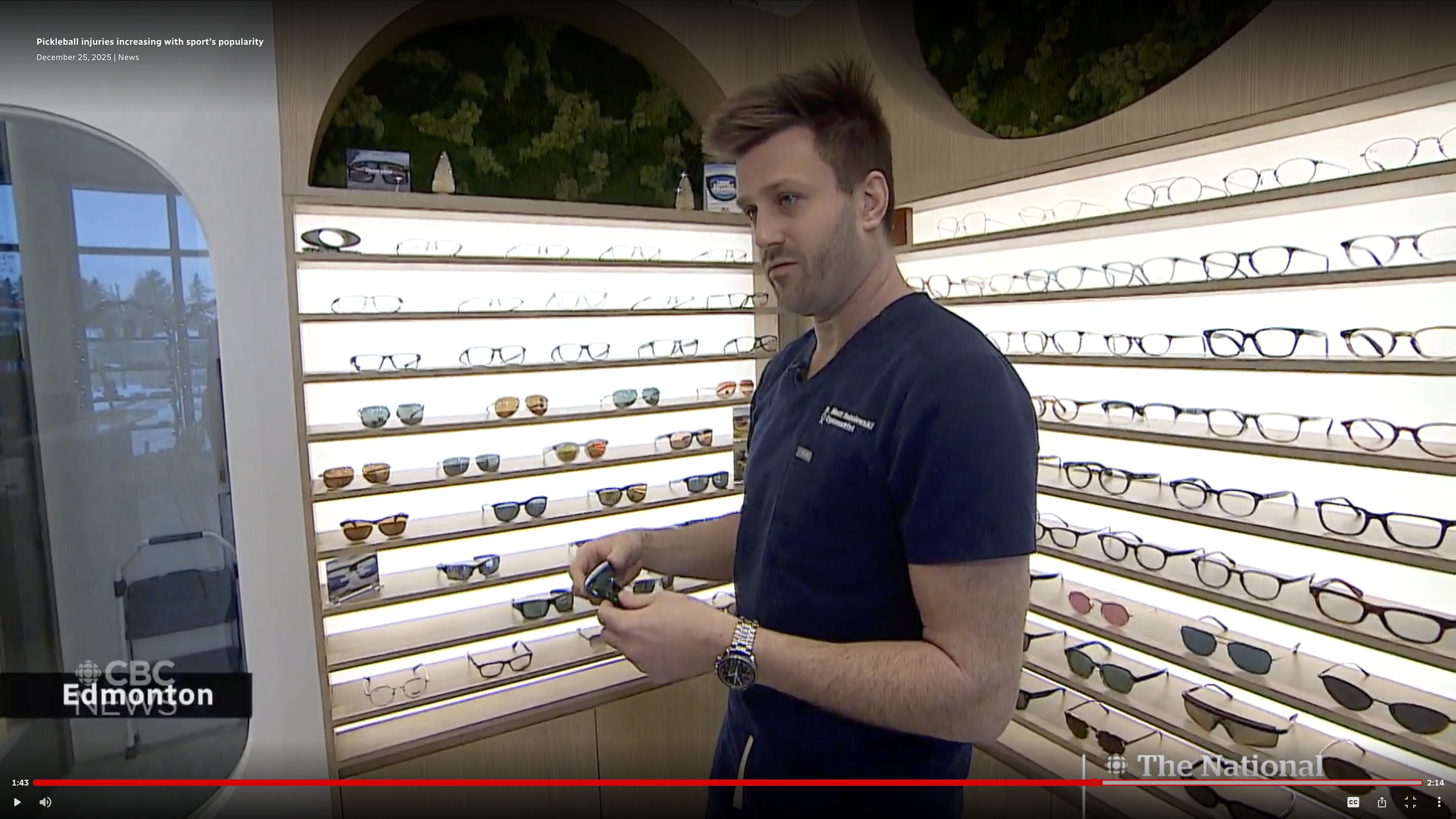A Look Into What It Takes to Be An Optometrist in Edmonton
Optometrists or doctors of optometry (ODs) specialize in the field of vision and eye care. As primary health care providers, optometrists must undergo rigorous education and training to ensure they are prepared to provide quality care. This blog post will take a closer look at the educational requirements for optometrists and the type of training they receive.
Education Requirements
The educational requirements to become an optometrist vary by country. Aspiring optometrists in Canada and the United States typically need a bachelor's degree in the sciences. In addition, they need to complete several prerequisite courses before applying to an accredited optometry program. Once accepted into an optometry school, students will complete four years of professional study to obtain their Doctor of Optometry (OD) degree. During this time, students will be trained in anatomy, physiology, pharmacology, pathology, and optics—all topics specifically related to providing eye care services.
There are two schools of optometry in Canada: the University of Waterloo and the Université de Montréal. In the US, there are about 25 accredited universities, and many Canadians choose to train in the US before returning. However, professional colleges' tuition costs are not for the faint of heart, ranging from $100,000 to $250,000 for four years.
Continuing Education
It is vital for all healthcare professionals—not just optometrists—to stay up-to-date on the latest advances in their fields. To do this, most provinces and states require that licensed optometrists complete continuing education courses or seminars each year to maintain their licenses in good standing. Continuing education ensures that all practicing optometrists remain knowledgeable about new developments or treatments. In Alberta, optometrists also regularly have practice reviews to ensure that patient care is being delivered to the standard of care expected by all clinicians.
Practice Scope
The profession of optometry has continued to evolve over the past number of years. Traditionally, optometrists focused primarily on vision correction. But today, optometrists offer a broad scope of services, including:
Routine eye exams
Prescriptions for glasses and contact lenses
Specialty contact lenses like RGPs and Sclerals
Cataract surgery referrals and postoperative care
LASIK and PRK surgery referrals and postoperative care
Diagnosing and treating glaucoma
Diagnosing and treating macular degeneration
Annual diabetes eye tests
Treating eye infections
Vision therapy
Pediatric eye exams
Treating dry eye syndrome
Most new optometrists start practicing as associates in a larger clinic. This allows for further learning with more experienced eye doctors and developing their clinical and communication skills. There is an art to delivering health care that goes beyond pens and prescription pads.
Conclusion
Do you want to become an optometrist? If so, stop by the clinic and say hi to one of our eye doctors. We love our profession and love to talk about it. The profession of optometry continues to evolve rapidly, and we can't wait for what the future holds.
If you're simply a patient looking for an eye exam, we hope that our passion for our industry shines through during every eye exam.






